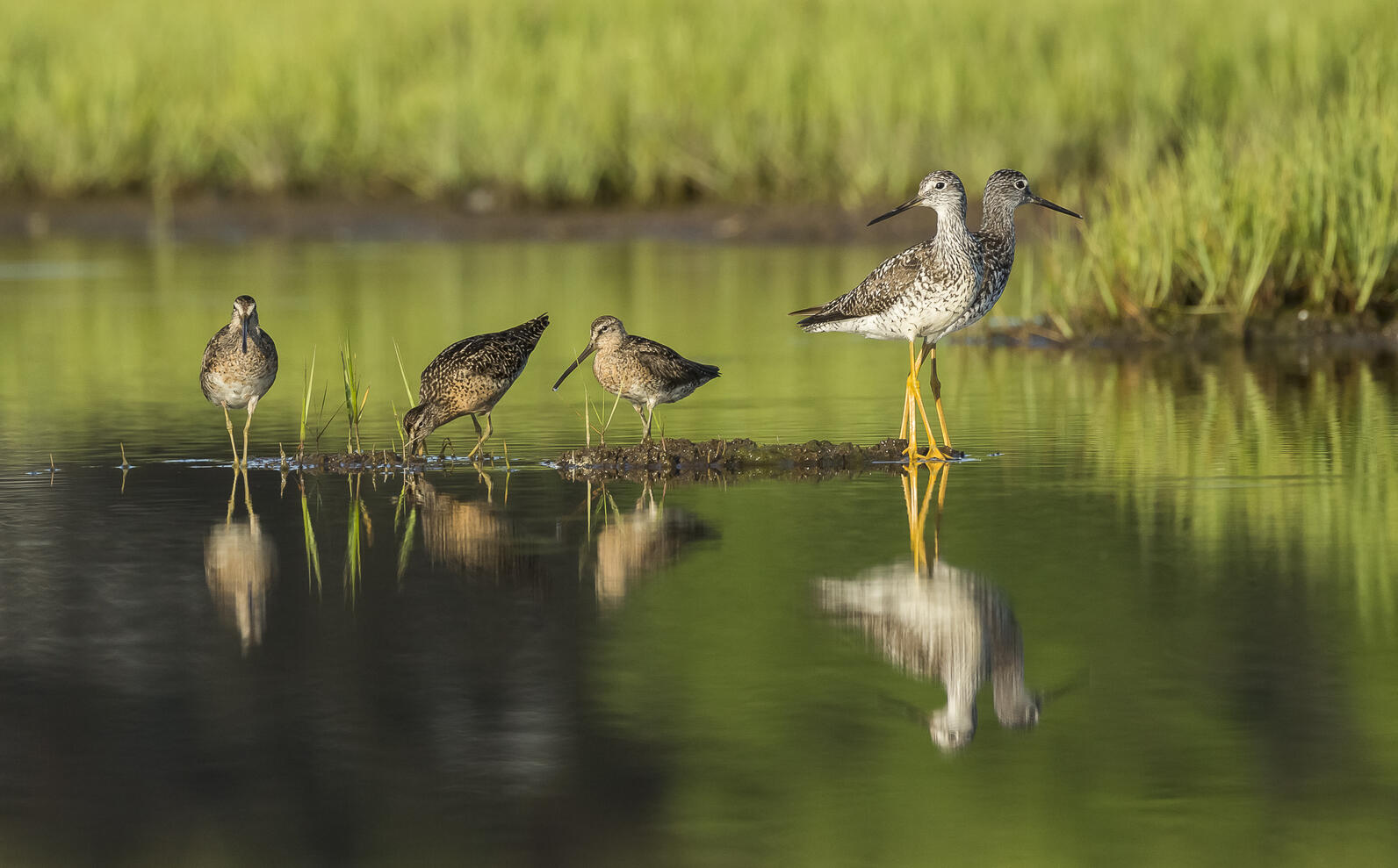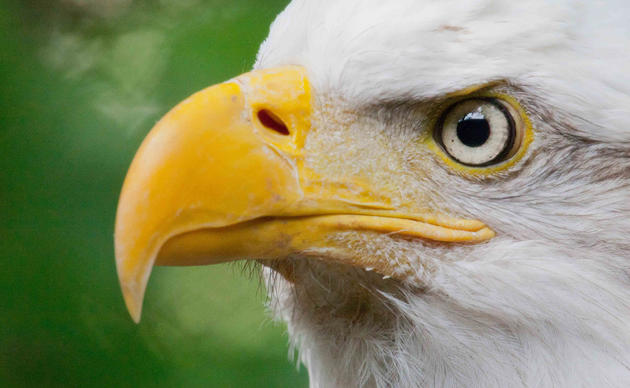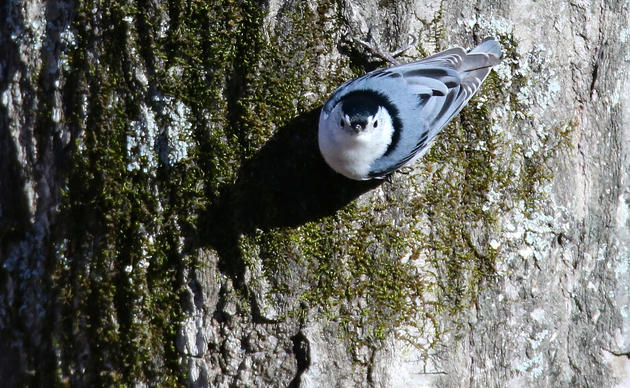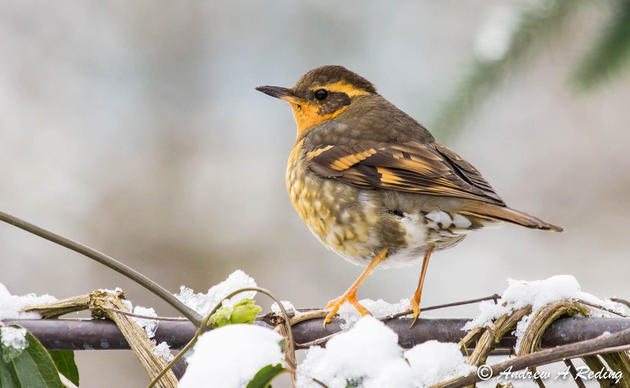We are thrilled to announce the completion of the Salish Sea Estuaries Avian Monitoring Framework,part of a multi-year effort to support avian management and conservation in Salish Sea estuaries. The framework creates a shared methodology for use in avian monitoring which will vastly improve our collective ability to support multi-species habitat management and restoration of vital estuary habitat.
Bird conservation in a changing climate requires strategic actions, informed by science, to provide for the needs of birds across their annual migratory cycles. Puget Sound and the greater Salish Sea provide stopover and wintering habitat for birds like Dunlin and Northern Pintail, yet their habitat needs are not integrated into estuary management decisions.
Local biologists and managers have long told us that better science is needed to help them make smart decisions about habitat management for coastal birds. We couldn’t agree more, which is why we’ve partnered with Ecostudies Institute, the Stillaguamish Tribe, and WDFW in this multi-year effort to deliver science support for avian monitoring and management in estuaries. This undertaking included our inventory of monitoring efforts associated with Puget Sound estuary restoration (Koberstein et al. 2017), recommendations for a regional avian monitoring framework (Bayard et al 2019), and avian habitat suitability models (Michel et al. 2021).

We helped secure funding for Ecostudies to carry forth the next step of this important work – helping coordinate the implementation of the framework – and are looking forward to helping more tribal, agency and NGO partners get involved.
This project was made possible with funding from the Stillaguamish Tribe and the Puget Sound Partnership.








